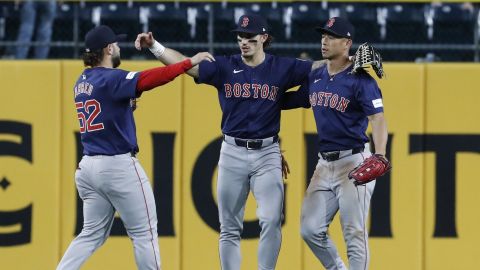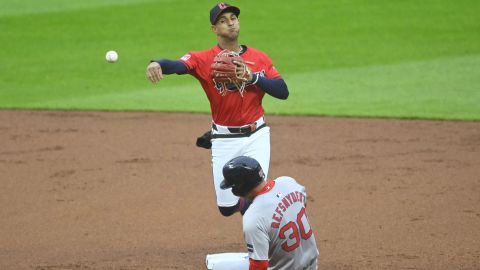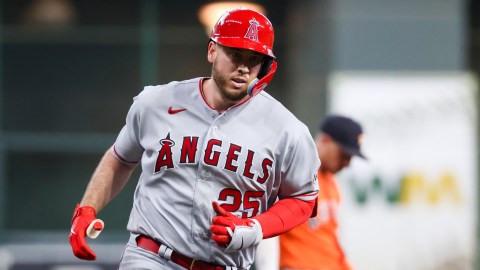It’s not as if Theo Epstein is the only general manager in the business to forecast short-, medium- and long-term scenarios when conducting his business. However, he may stress that mindset as much as any, out of necessity.
Epstein does not work for a team that finds itself with small windows of opportunity that it knows won’t last and has to strike while the iron is hot. The Florida Marlins’ title teams come to mind. Nor does Epstein toil in a situation such as his former assistant and current colleague Jed Hoyer, who, as GM of the San Diego Padres, is forced to rid himself of beloved superstars he knows he can’t afford, even if that window has not closed. The Padres do contend from time to time, but it’s often in spite of their meager resources.
Epstein is not mired in a marginal market where those who root for the team have tempered expectations. Nor is he working for the team on top, at least in terms of money, fame and an absolute demanding fan base to win at all costs. They’re close, but the Red Sox will always have that charming small-town feel that the New York Yankees cannot duplicate at the end of a season without a title.
Essentially, Epstein has to keep up with Jones’s at all times, and then do everything he can to beat them. That’s exactly what he did at this week’s winter meetings — stalking, monitoring and acting indifferent toward everything the Yankees were doing and then striking quick, like a viper, to make back-to-back mega moves that will force New York’s hand the remainder of the winter.
Somehow, in a high-profile position for a high-profile team, Epstein managed to lurk in the shadows and still go home with a franchise-changing haul of talent.
That takes skill, and is one of the reasons why the one-time boy genius is being labeled, quite simply, genius.
There were four aspects of Epstein’s ability to build the week that was. First, by acquiring Adrian Gonzalez to start it all off, the Red Sox instantly became a more desirable spot for free agents. A guy like Carl Crawford might covet a landing spot where someone like Gonzalez (and Kevin Youkilis and David Ortiz) can be hitting behind him.
Two, the fact that Gonzalez had the one “cheap” year (he is due to make just over $6 million in 2011), gave Epstein just enough wiggle room to lure other stars, knowing that in a year’s time more than $50 million could be coming off the books and plenty will be available to pay for both Gonzalez’s extension and Crawford’s many millions.
Three, despite such clear logic that almost anyone with a base understanding of baseball negotiations would comprehend, he somehow made it all seem impossible to everyone on the outside. The second Gonzalez donned a Red Sox jersey in a news conference at Fenway Park, the Red Sox were, by most accounts, out of the mix for Crawford.
Perhaps that’s why almost nobody was aware of how into Crawford they still were. Certainly not the Angels, who made the left fielder a contract that positively paled compared to Boston’s, one year and almost $40 million less.
So, midway through the meetings, the theories surrounding Epstein’s offseason plan were simple. Sure, he might get another bat, but it had to be a right-handed one, right? And with the money the Red Sox will be paying Gonzalez down the road, there’s no way they can afford another big deal, right? Maybe someone like Magglio Ordonez would fit, just until it makes sense to go with a youngster like Ryan Kalish.
Consider these words, uttered by Epstein to the Boston baseball press corps mere hours before the Crawford news broke.
“We’re just in on the guys we’re in on, and I think we already got a big bat through a trade,” Epstein said when asked whether his need to make more moves was less pressing after getting Gonzalez. “Still looking for good players, but that Gonzalez acquisition put us in a different spot in terms of our need to do something. We’re still looking for the right player, right fit.”
Presumably, that meant someone like Ordonez or a similar type of player, a “complementary piece,” as Epstein indicated.
But in the end, that would only be a short-term fix. By analyzing his options on that end, and knowing he had better ones in the medium- and long-term that were more than doable, Epstein proved he had as much a handle on the entire scope of things as anyone in his position.



